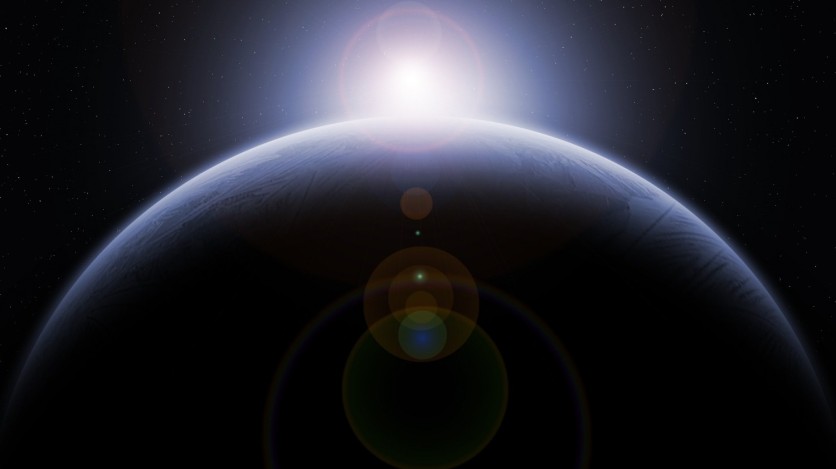A group of scientists has recently called for a legally-binding treaty to eliminate space junk and protect Earth's orbit from being permanently damaged by the future expansion of the global space industry.

Sattelite Technology
As the number of satellites in orbit is predicted to increase from 9,000 to over 60,000 by 2030, and over 100 trillion untracked pieces of old satellites are already in orbit, the experts believe that such rapid growth of the industry may render large parts of Earth's orbit unusable.
Although satellite technology is widely used for social and environmental benefits, scientists urge that it is crucial to ensure a global consensus on how to govern Earth's orbit.
They suggest that society should learn from the recent 20-year process to protect the High Seas, where nearly 200 countries agreed to a treaty to safeguard the area.
In an article published in the journal Science, an international collaboration of experts in various fields, including satellite technology and ocean plastic pollution, emphasizes the urgent need for action.
They acknowledge that several industries and countries have started to focus on satellite sustainability, but assert that any nation with plans to use Earth's orbit should be obligated to comply.
The experts propose that any agreement should include measures to ensure producer and user responsibility for satellites and debris from the moment of their launch onwards.
They suggest that commercial costs should also be taken into consideration when incentivizing accountability, similar to the current proposals to address ocean plastic pollution.
Read Also : [Do You Know?] There's A 10% Chance Of Space Junk Killing Someone, Especially in the Global South
Similar Consequences to the High Seas
The scientists also caution that, if prompt action is not taken, a significant portion of Earth's immediate surroundings may suffer similar consequences to the High Seas, where weak governance has resulted in overfishing, habitat destruction, deep-sea mining exploration, and plastic pollution.
Dr. Imogen Napper, a Research Fellow at the University of Plymouth, led the newly-published study with funding from the National Geographical Society said that " the issue of plastic pollution, and many of the other challenges facing our ocean, is now attracting global attention. However, there has been limited collaborative action and implementation has been slow."
"Now we are in a similar situation with the accumulation of space debris. Taking into consideration what we have learnt from the high seas, we can avoid making the same mistakes and work collectively to prevent a tragedy of the commons in space. Without a global agreement we could find ourselves on a similar path".
The article was co-authored by researchers from several institutions, including the University of Plymouth, Arribada Initiative, The University of Texas at Austin, California Institute of Technology, NASA Jet Propulsion Laboratory, Spaceport Cornwall, and ZSL (Zoological Society of London).
Among them, there is the academic who led the first-ever study into marine microplastics, also published in Science almost 20 years ago, and scientists who contributed to the commitment to develop a Global Plastics Treaty signed by 170 world leaders at the United Nations Environment Assembly in March 2022.
Related Article : Climate Change is Worsening the Problem of Space Junk, New Study Claims

ⓒ 2026 TECHTIMES.com All rights reserved. Do not reproduce without permission.




